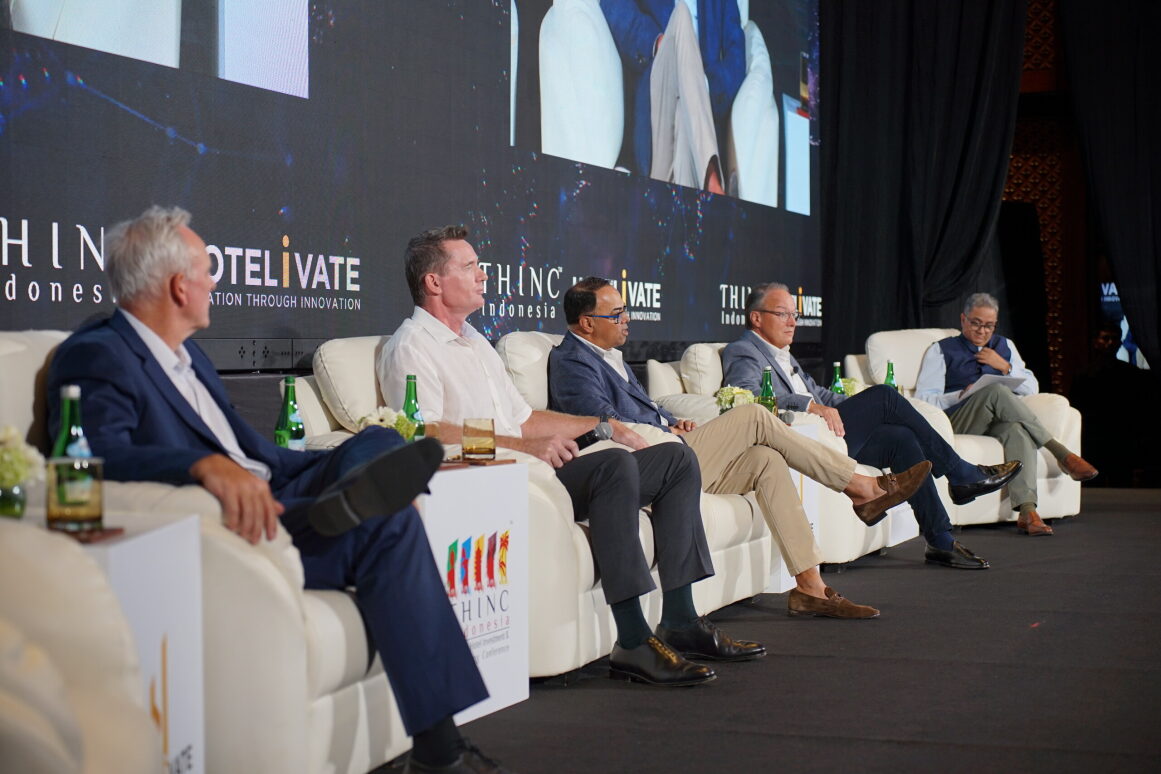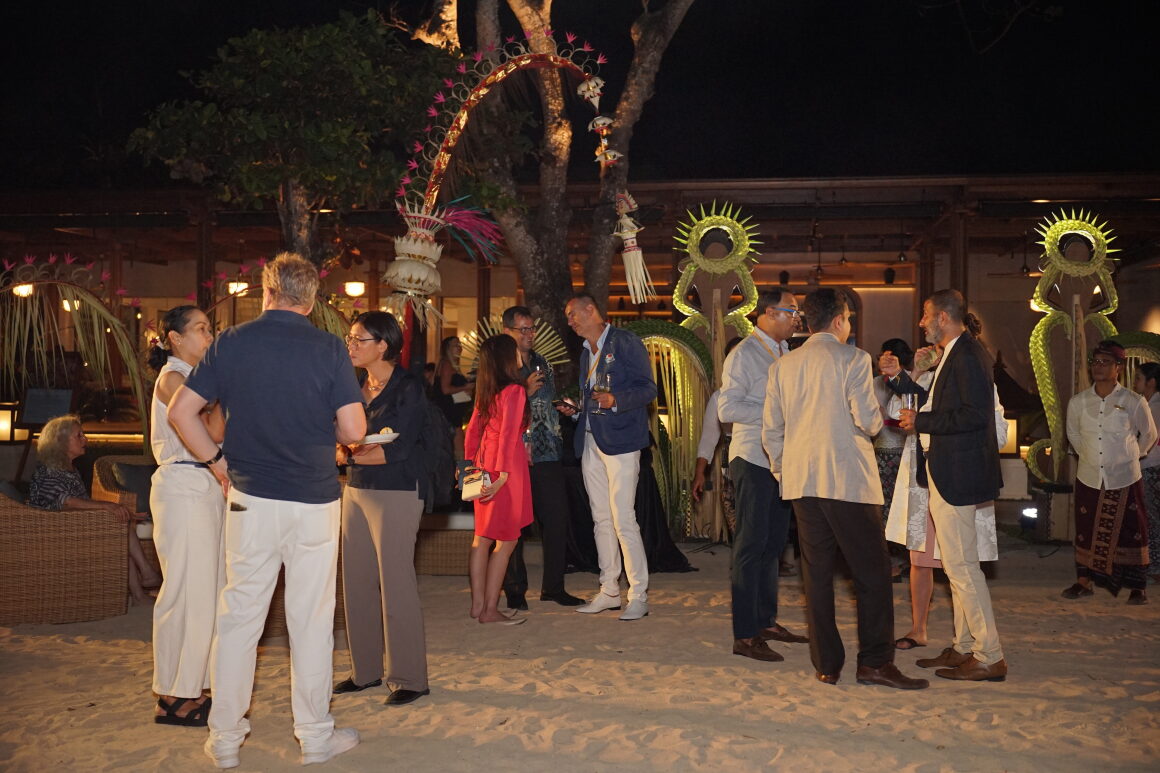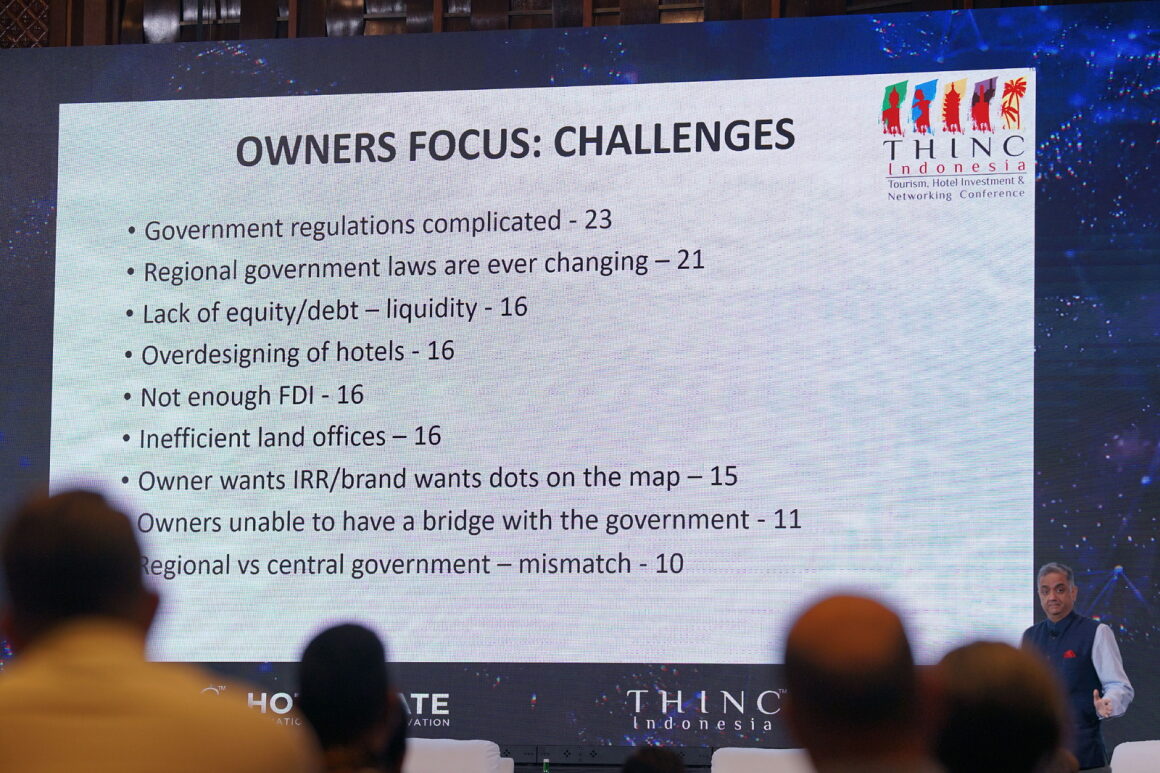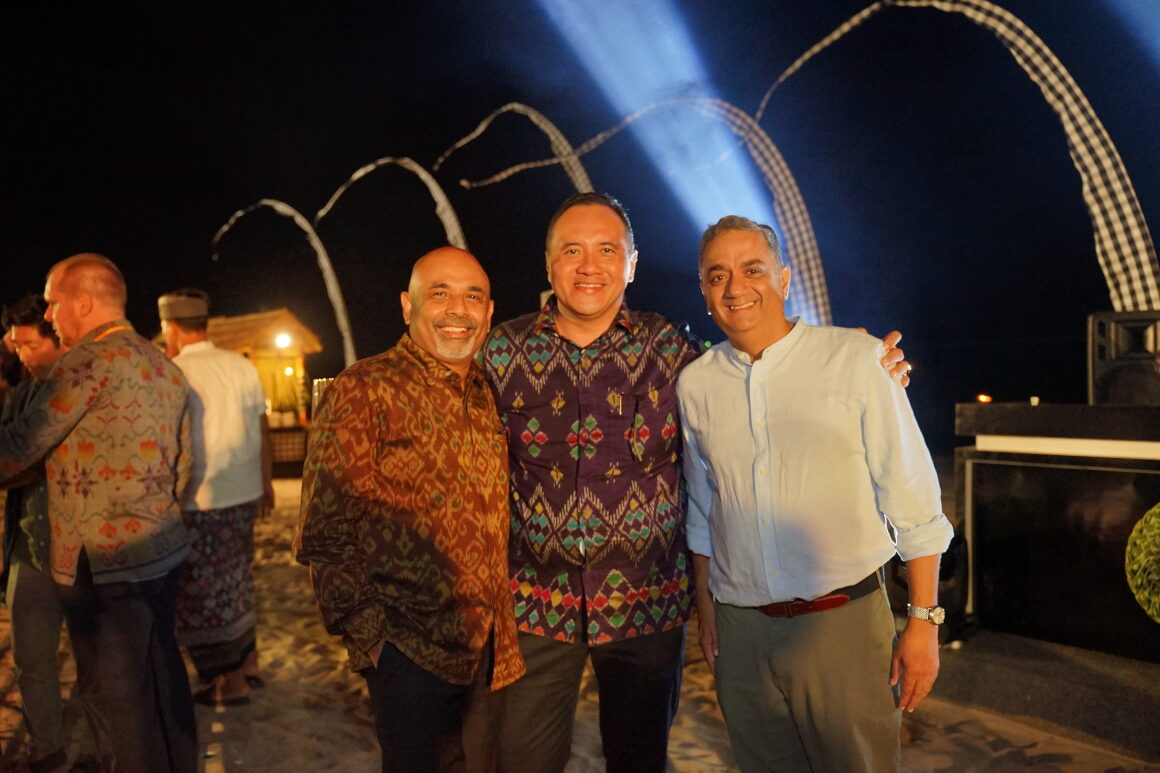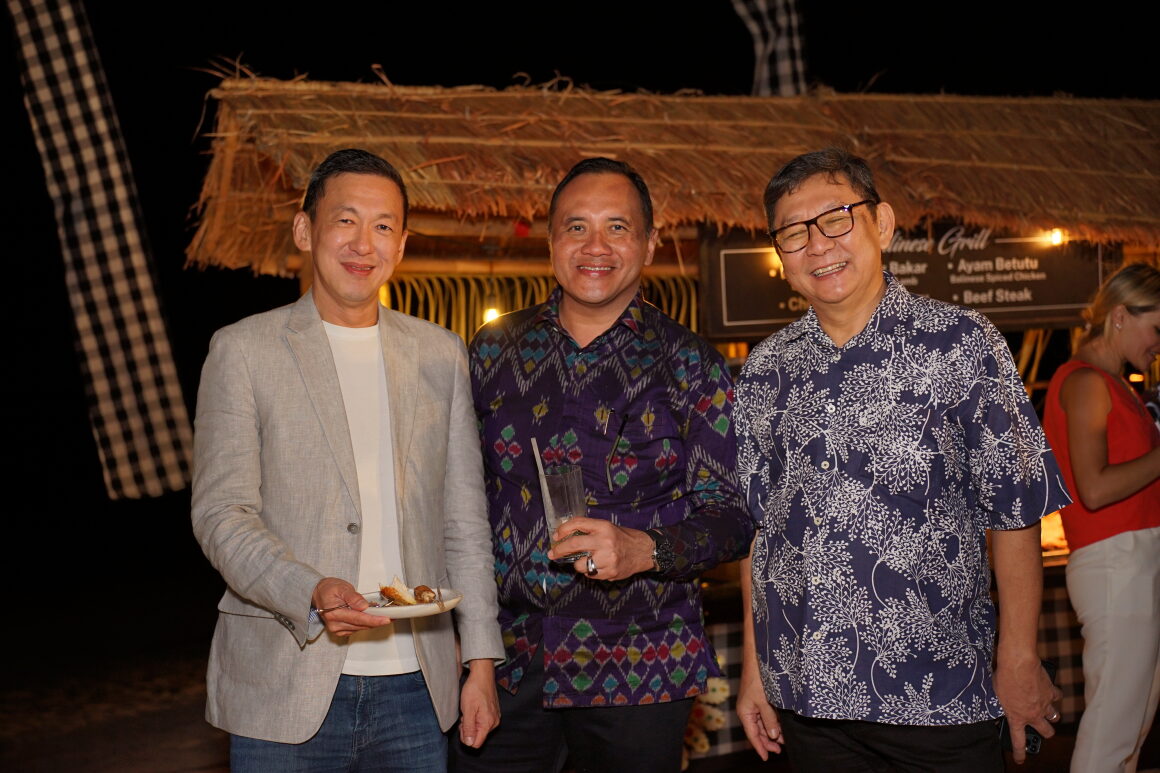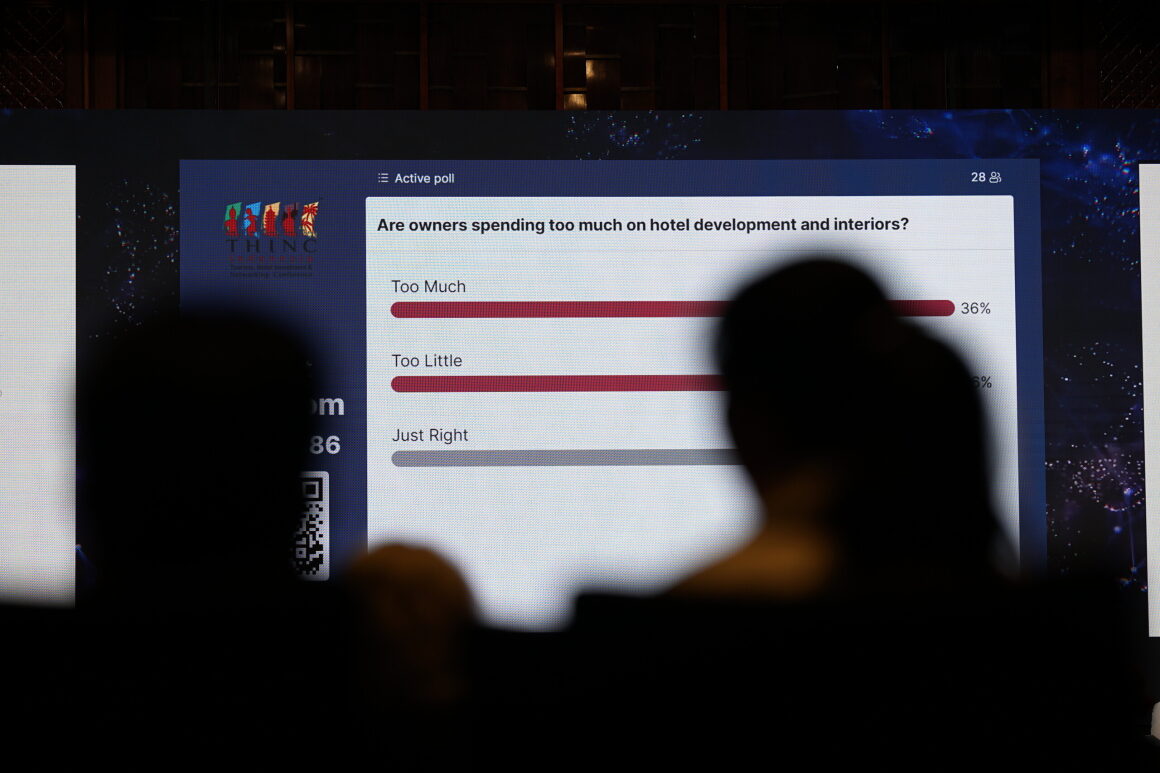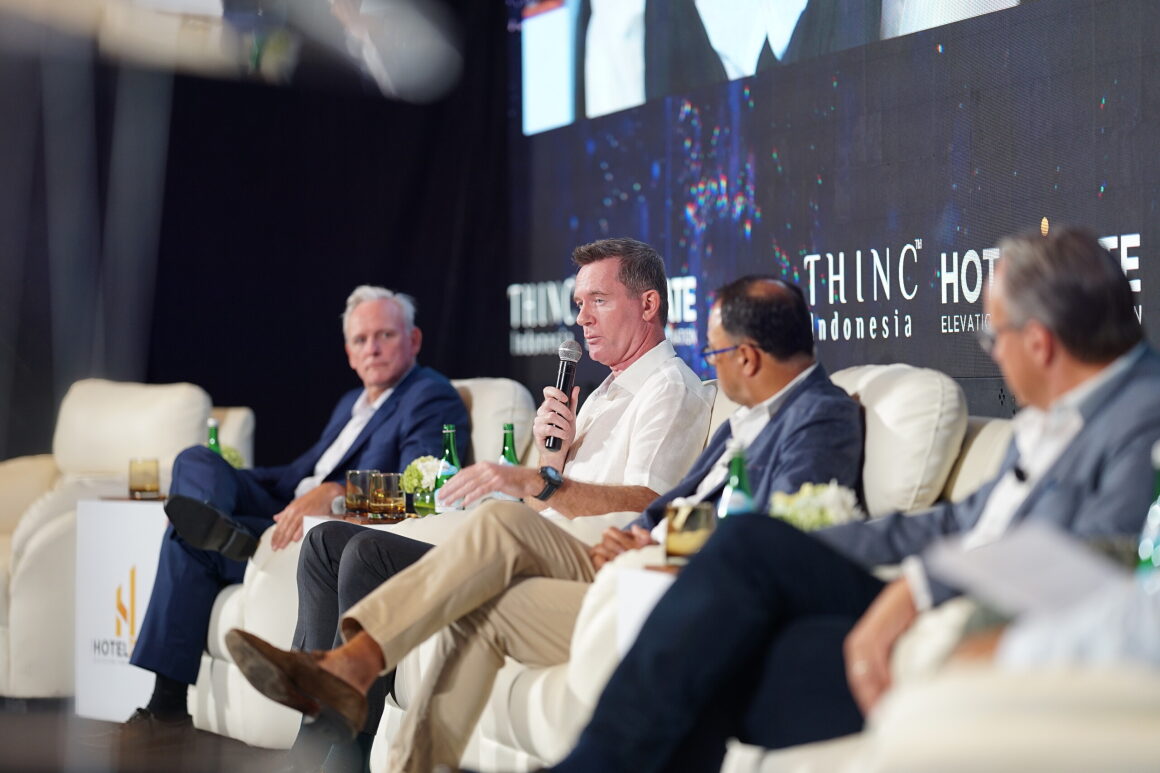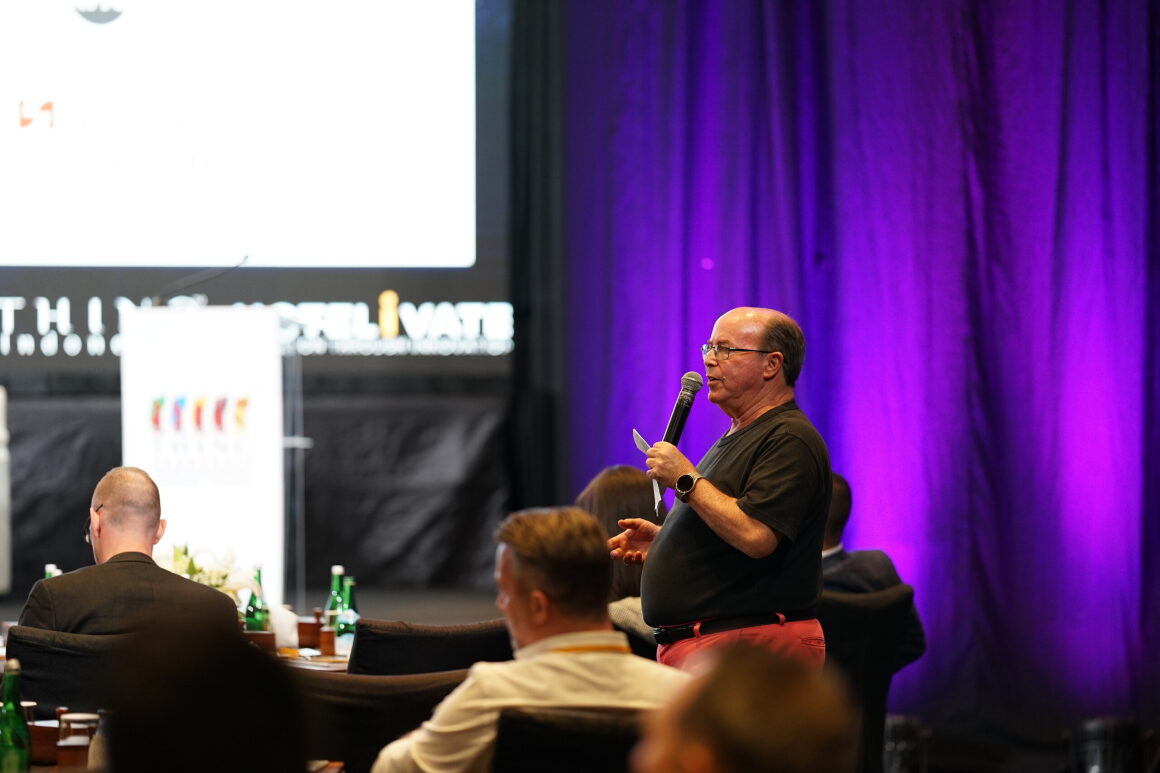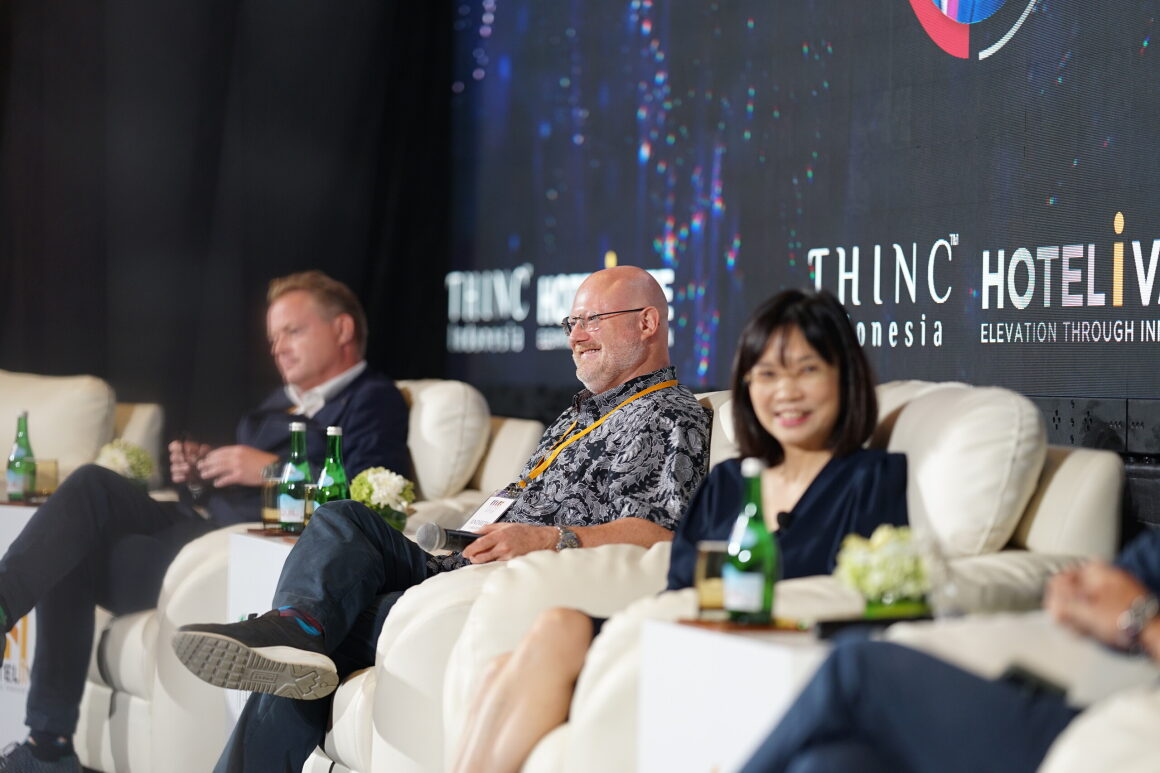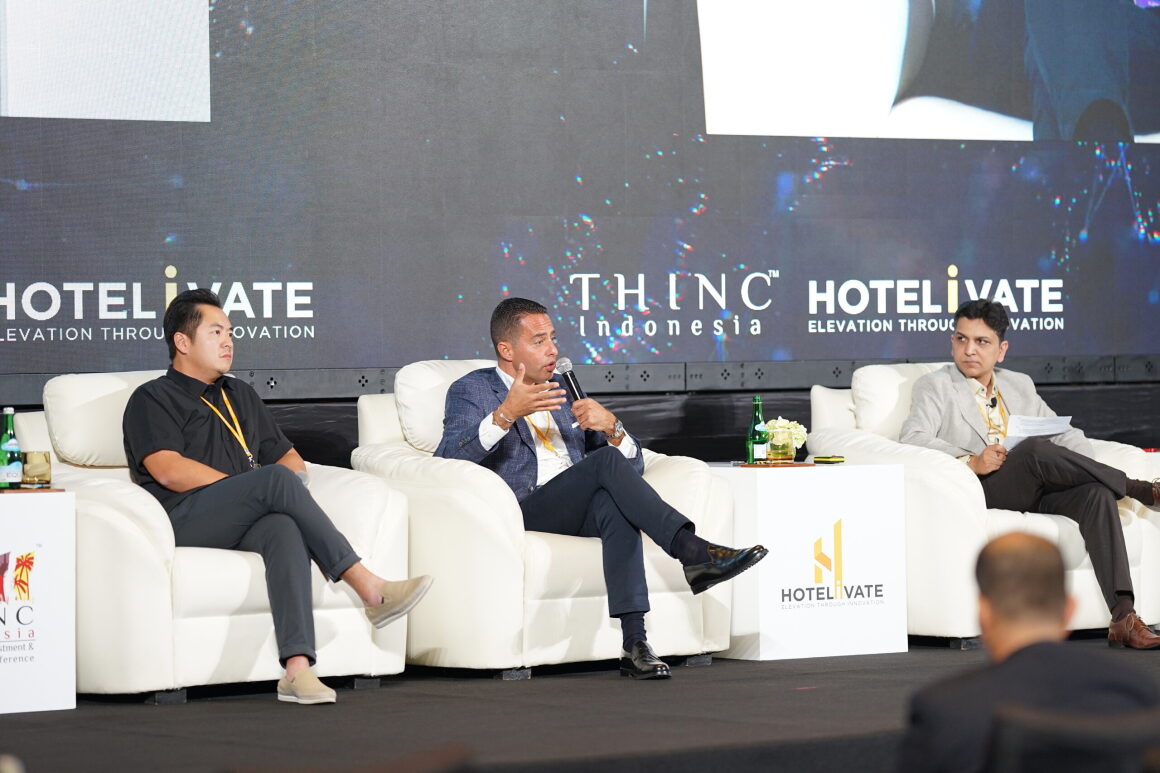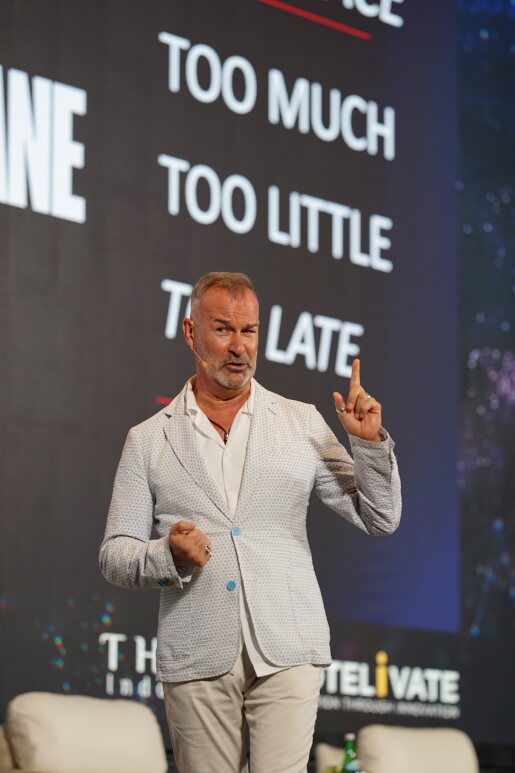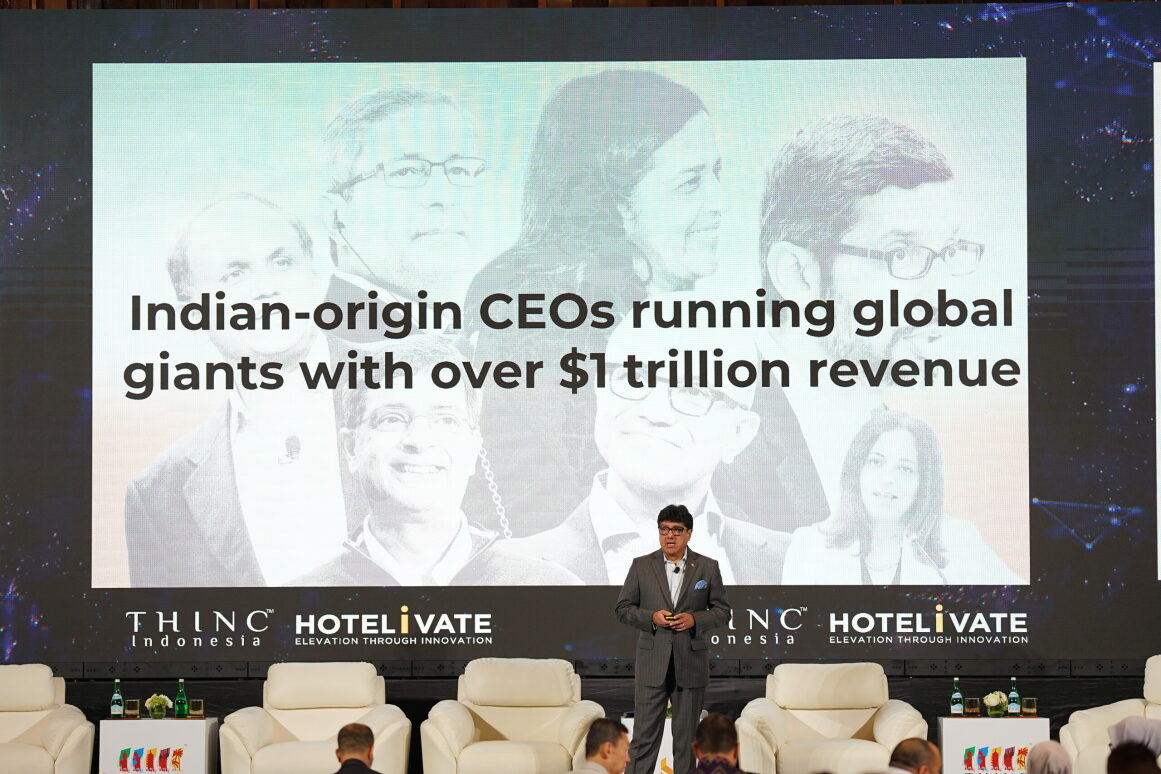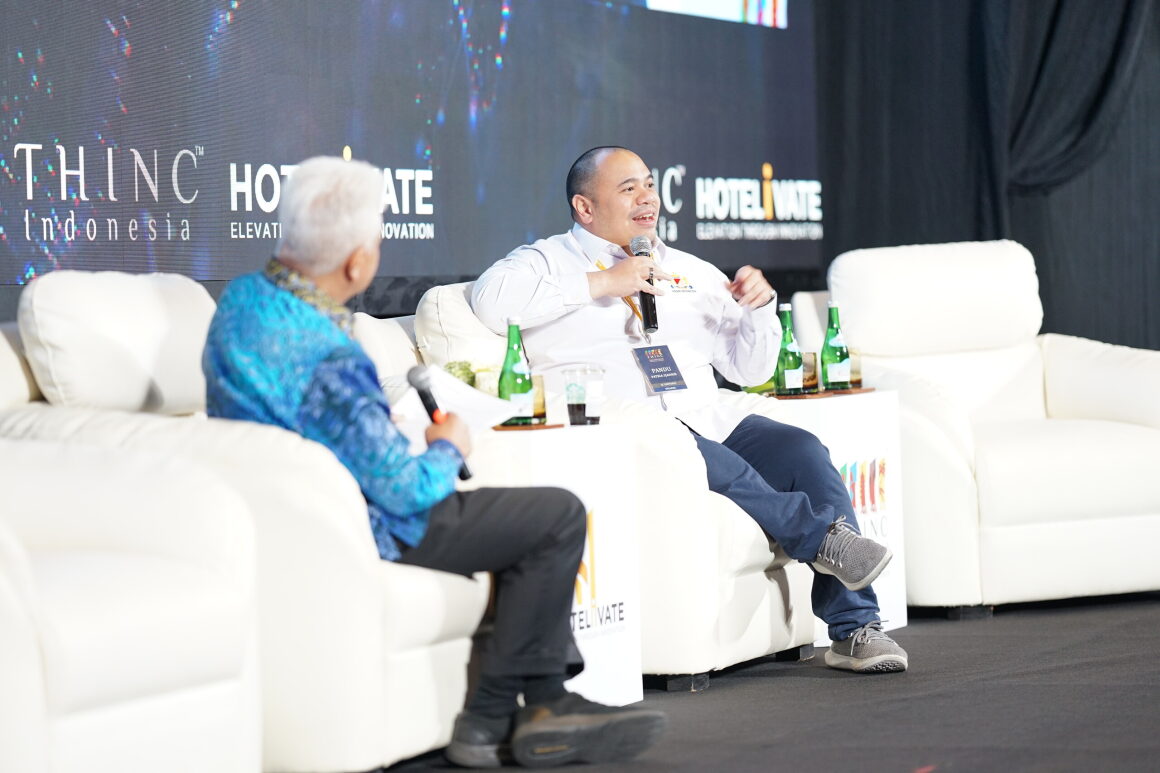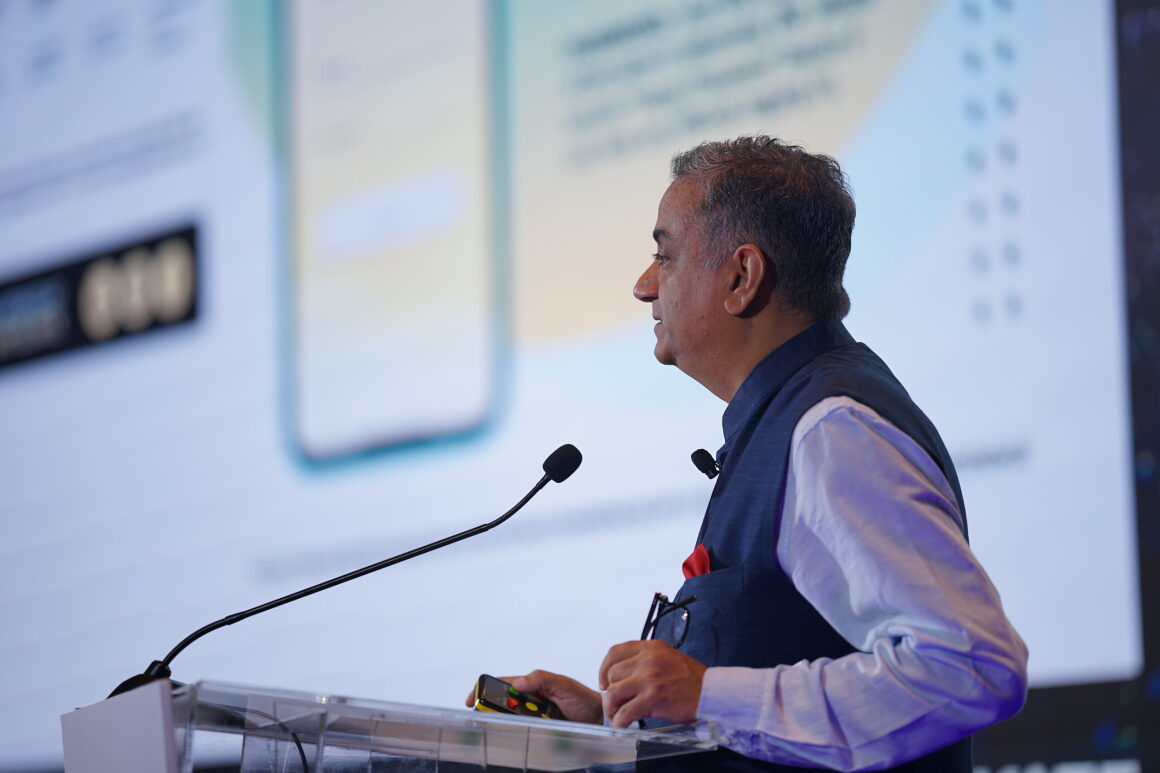Unveiling the Insights: THINC Indonesia 2023 Highlights
As the sun sets on another successful THINC Indonesia conference, the hospitality industry finds itself equipped with a wealth of insights and inspiration. THINC (Tourism, Hotel Investment & Networking Conference) Indonesia 2023 brought together leading figures, industry experts, and thought leaders to discuss the current state and future outlook of the Indonesian and broader Asian-Pacific hospitality landscape. Let’s take a closer look at some of the recurring themes and key takeaways from this year’s conference.
The Indonesian Tourism Renaissance
Indonesia is experiencing a tourism renaissance. With its stunning natural beauty, rich cultural heritage, and diverse destinations, the country is poised to become a global hotspot for travelers. Notably, Indonesia has rebounded remarkably post-pandemic, with several regions already surpassing 2019 performance levels.
In 2022, Indonesia experienced an impressive 100% surge in domestic tourism, predominantly concentrated in Java and Bali. The government has set its sights on sustaining this upward trajectory, with ambitious targets of attracting 1.4 billion domestic tourists and generating a revenue of 2.68 billion USD from the tourism sector.
Central to this resurgence is a strategic shift in the government’s approach, transitioning from primarily investing in established destinations to actively cultivating new ones. This comprehensive expansion strategy aims to unlock the full potential of Indonesia’s tourism sector.
Lake Toba, Borobudur, Mandalika, Labuan Bajo, and Likupang have been identified as high-priority destinations for tourism development by the government. Two of these are even designated as special economic zones (SEZs), further highlighting the commitment to fostering tourism growth. Moreover, the government actively promotes numerous other tourism opportunities through the establishment of additional special economic zones. This renewed focus on destination diversification and development paints an exciting picture for Indonesia’s tourism landscape.
Investment Landscape
Indonesia’s hospitality market is abundant with opportunities, with an impressive $8 billion hotel market and a robust compound annual growth rate (CAGR) of 14%, making it an alluring prospect for investors. However, navigating this thriving sector comes with its share of challenges.
High taxation on hotels and mandatory minimum service charges looms as a substantial deterrent for potential investors, casting a shadow on the otherwise inviting landscape. To address these concerns, the industry is turning to innovative strategies such as mixed-use developments, distressed asset acquisitions, and the integration of wellness offerings to unlock higher returns.
Yet, one of the most formidable hurdles facing both seasoned and aspiring hotel owners in Indonesia is the quest for adequate funds. This was a recurring concern in the Owner’s Workshop that preceded the conference. Securing financing is complicated by factors such as limited opportunities for Foreign Direct Investment (FDI), the burdensome cost of equity, and the weight of debt expenses.
Furthermore, the lack of clear and concise government regulations introduces complications and delays in hotel development projects, sowing ambiguity and bureaucratic hurdles that hinder progress.
Another challenge lies in the exit strategy. Several hotel investors encounter difficulties when attempting to leave the industry. Inaccurate valuations, limited data, and a scarcity of transactions make selling or transitioning assets a formidable task.
To address these issues, the formation of a governing body tasked with drafting reforms and new legislation for consideration by local and central governments could bring much-needed clarity and improvement to the regulatory landscape.
Simultaneously, creating a dedicated Tourism Board for Indonesia has the potential to enhance industry management and oversight, nurturing growth and development.
As the regulatory environment gradually becomes more transparent and accommodating, Indonesia’s capital market stands on the brink of significant benefits. This transformation presents an exciting opportunity for expansion and investment, further enhancing the nation’s burgeoning hospitality landscape.
Hotel Owners & Brands: Expectation vs. Reality
The dynamic between hotel owners and hotel brands often treads a fine line, and Indonesia is no different, marked by a notable tension between expectation and reality. One critical point of contention that emerged in the Owner’s Workshop resides in the misalignment between the grand promises articulated by hotel development teams and the outcomes delivered by operational teams. This incongruity can manifest in the overdesigning of hotels, often at the insistence of brands, leading to mismatches in returns that leave owners seeking greater value. The absence of robust professional asset management, capable of holding operations teams accountable, further compounds these challenges.
In markets like Indonesia, where family offices and ultra-high-net-worth individuals (UHNIs) wield substantial influence over hotel ownership, the need for hotel brands to heed the voices of owners becomes paramount. This necessitates a willingness to listen attentively, customize strategies, and construct trust-based relationships. It’s worth noting that sometimes, senior leadership within these brands originates from outside Indonesia, which can inadvertently create a disconnect with the intricacies of the country and its unique operational requirements.
To foster more harmonious collaborations, the customization and simplification of hotel contracts emerge as a pivotal solution. Tailoring these contracts to suit the specific characteristics of each geographic location helps mitigate complications and sets the stage for smoother, more productive owner-brand relationships.
Tech Transformation and AI’s Influence
In the ever-evolving landscape of the hospitality industry, technology has undergone a remarkable transformation, shifting from a ‘nice to have’ luxury to an indispensable ‘must-have.’ Artificial Intelligence (AI) has emerged as a particularly transformative force, revolutionizing various facets of the sector, especially in the realm of communication through machine translation. An overarching consensus prevails, emphasizing that AI should not replace human employees but rather empower them. Its influence extends across crucial domains, from informing hotel design to enhancing operational efficiency and elevating guest satisfaction.
Companies operating within the hospitality sector are increasingly harnessing AI’s capabilities to facilitate decision-making processes, particularly concerning product programming and revenue management. Presently, AI’s most valuable applications within hotels revolve around addressing operational hurdles and resolving challenges stemming from cultural or language differences.
While the performance of current chatbots in the hotel industry may yield mixed results, the continually evolving technology holds significant promise for augmenting the hotel guest experience and facilitating service recovery. Innovative applications, such as online chatbots and smart in-room assistants, are on the horizon, poised to further enhance the industry’s efficiency and customer service.
Sustainability Takes Center Stage
The resounding theme of sustainability echoed throughout the conference sessions. Whether it was discussions on green hotel initiatives, eco-friendly travel experiences, or responsible tourism, it was evident that sustainability is no longer a mere buzzword but an integral part of the industry’s DNA. Indonesia’s government, firmly committed to fostering a greener future, notably champions the cause through initiatives such as the electrification of transportation. This comprehensive approach encompasses electric vehicles (EVs), alternative energy sources, and the promotion of eco-friendly tourism practices.
For instance, Bali, a beloved destination for many, stands as a shining example of sustainability in action. The island is proactively embracing environmentally friendly measures, from the construction of eco-conscious resorts to robust waste reduction programs and the installation of EV charging stations. These efforts underscore Bali’s unwavering dedication to the principles of green tourism, setting a compelling precedent for the industry at large.
The Rise of Lifestyle Hotels
Lifestyle hotels are gaining prominence in the region, driven by the shifting preferences of millennial and Gen Z travelers. These hotels are designed to cater to individuality and personalization, breaking free from the constraints of traditional luxury. Instead, they prioritize offering unique and immersive experiences that set novel industry standards, with a particular focus on content programming and wellness.
Moreover, the burgeoning prominence of soft brands within Indonesia’s hospitality sector is a trend worth noting. These brands provide owners with a unique level of development flexibility, allowing them to target niche audiences effectively while simultaneously benefiting from the advantages of a well-established distribution network and expert management. This trend underscores the industry’s commitment to staying agile and responsive to the changing demands of travelers in the region.
The Power of Partnerships
Collaboration emerged as a recurring theme. It’s evident that for the industry to surge forward, a harmonious partnership between the government, hotel brands, owners, and investors is imperative. This collaboration extends to the crucial task of streamlining regulations, cultivating a foreign investor-friendly environment, exemplified by initiatives like the Golden Visa program, and addressing taxing concerns, all of which are pivotal in unlocking the industry’s full potential.
The feedback loop involving stakeholders is paramount, especially concerning government initiatives like the Golden Visa program. This program, aimed at attracting both investors and talent, is a pivotal component of Indonesia’s strategy to elevate its status as a world-class destination and increase its GDP per capita from 5,000 USD to 10,000 USD. Simplifying the acquisition of long-term visas represents a significant stride in this transformative journey. Yet, a significant challenge in Indonesia’s tourism industry is the absence of united efforts from all involved parties. Working together and creating government policies focused on the industry’s overall growth is crucial to overcoming these challenges and guiding the sector to greater success.
Talent and Training
In Indonesia, like globally, there’s a looming talent deficit on the horizon, particularly in the food and beverage sector, as the current generation shows less inclination to pursue a four-year education for frontline roles. Preparing for this challenge is imperative, especially given the imminent retirement of the last generation of industry talent.
To address this, there’s a growing consensus that implementing robust training programs, offering clear pathways for career advancement, and actively nurturing local talent are essential remedies. It’s not merely a corporate obligation but a fundamental strategy for maintaining stability and a competitive edge.
While talent shortages persist globally, there has been notable improvement compared to the previous year. Hotel brands bear the responsibility of cultivating, educating, and propelling talent forward through comprehensive training initiatives and avenues for promotion. Committing to consistent investment in talent development on an annual basis, underpinned by a top-down commitment to perpetual enhancement, can yield significant benefits.
The Bright Future of Indonesian Tourism
THINC Indonesia 2023 has left its mark as a catalyst for change and progress in the hospitality sector. Themes like sustainability, investment potential, technological evolution, and the rise of lifestyle hotels have resonated throughout the event, charting a clear path for the industry’s future. Rooted in collaboration and innovation, Indonesia’s tourism sector is poised for remarkable growth in the years ahead. As the curtains fall on this year’s conference, the horizon gleams brighter than ever for Indonesian hospitality.
Snippets from THINC Indonesia 2023
For more information, please email us on [email protected]

